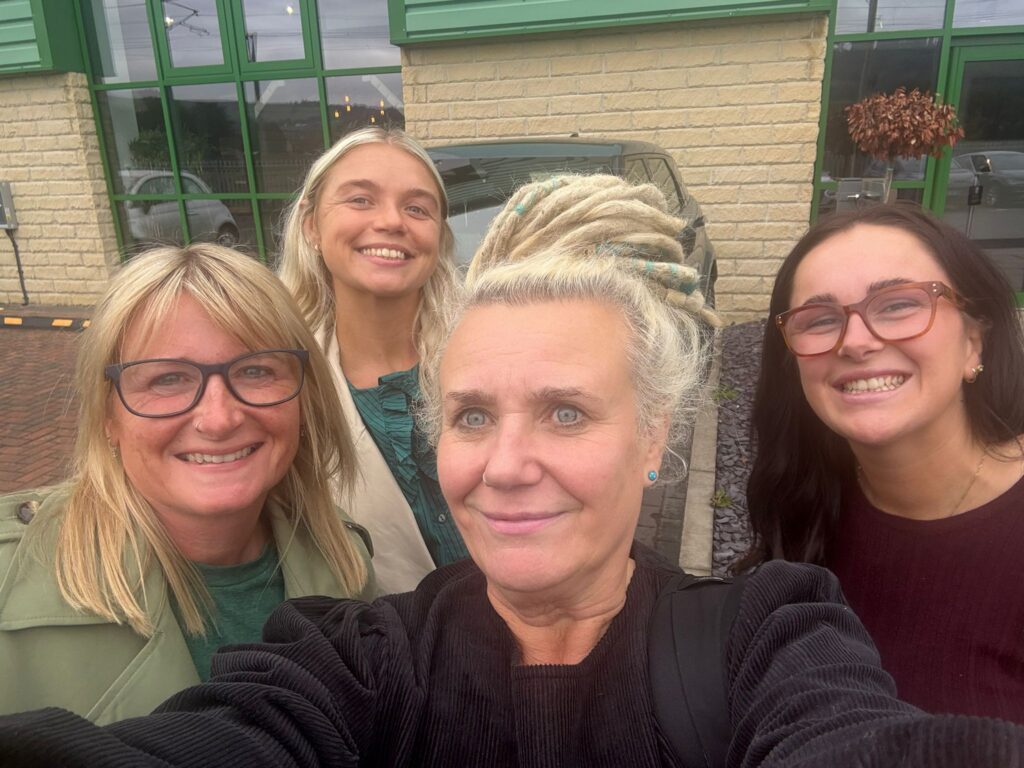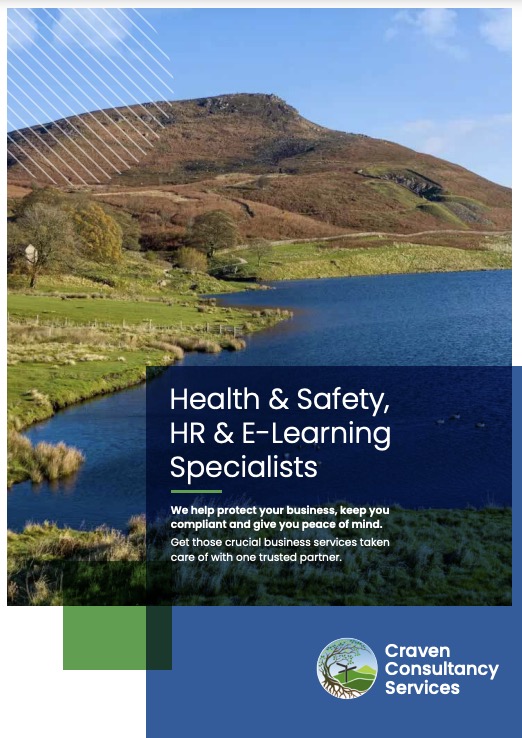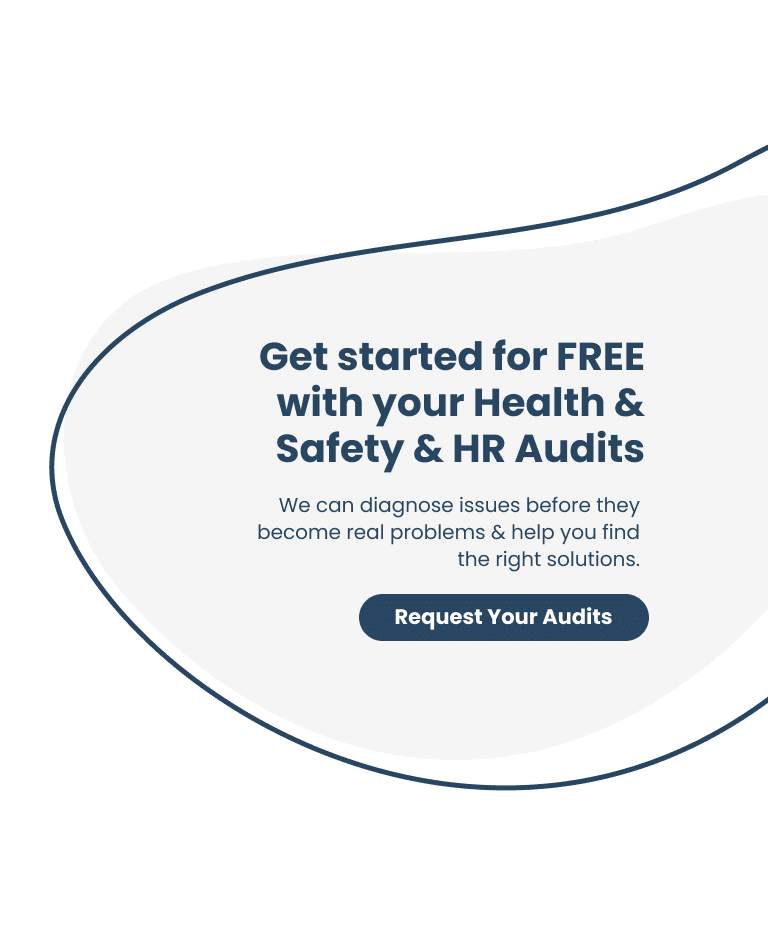The British Standards Institution (BSI) has published BS 30480:2025 – Suicide and the Workplace: Intervention, Prevention and Support for People Affected by Suicide – Guide.
Released on 4 November 2025, it is the world’s first national standard focused specifically on suicide prevention in workplace settings, and it is available free to download from the BSI website.
The standard provides practical, evidence-based guidance to help organisations identify and manage suicide risk, build supportive cultures, and respond compassionately when someone is affected. It moves the conversation beyond compliance and towards leadership, empathy, and creating psychologically safe workplaces.
BS 30480 and Health & Safety – Why It Matters
BS 30480:2025 isn’t law, but it supports your existing legal duties under Health and Safety legislation; especially the requirement to protect employees’ health, including their mental health.
Under the Health and Safety at Work etc. Act 1974 and the Management of Health and Safety at Work Regulations 1999, employers must assess and control all workplace risks, including psychosocial hazards such as stress, bullying, isolation and workload.
BS 30480 provides a best-practice framework for how to do this when suicide risk or suicidal distress is a concern.
In simple terms:
-
Law = you must protect people’s health, including mental health.
-
BS 30480 = guidance showing what good practice looks like in doing that.
Adopting it helps you:
-
Show due diligence if inspected or challenged by HSE or insurers.
-
Strengthen wellbeing and reduce the risk of serious incidents.
-
Demonstrate a caring, proactive culture to staff, clients and auditors.
Risks if you don’t:
-
Legal exposure – failure to manage mental health risks could breach Health & Safety law or duty of care under employment and equality legislation.
-
Reputational damage – poor handling of a suicide or crisis can lead to public scrutiny, media attention, and loss of trust.
-
Moral and cultural impact – lack of preparedness or compassion can deeply affect teams, leading to disengagement, turnover, and lasting trauma.
-
Operational disruption – unplanned crises can halt productivity, increase absence, and strain management capacity.
So while it’s not enforceable, it proves you’re taking psychological safety seriously; and that’s both a moral and practical advantage for any employer.
Why it matters for small businesses
Small and medium-sized enterprises (SMEs) may not formally adopt BS 30480, but they can still follow its principles. The guidance is flexible and designed to be realistic for smaller organisations that want to take proportionate action without the complexity of large-scale systems.
Simple changes; such as training managers to recognise distress, encouraging open conversations, and signposting staff to help; can make a real difference. For small teams, where relationships are close and changes in behaviour are easier to spot, this approach can be lifesaving.
Critical and high-risk industries
Some industries face higher risk because of the nature and pressures of their work. Construction, agriculture, health and social care, and transport and logistics consistently record some of the highest suicide rates in the UK. These sectors often involve long hours, physical strain, isolation, financial uncertainty, and exposure to traumatic situations.
For these industries, the principles of BS 30480 are especially important. Building awareness, training managers, providing mental-health first aiders, and having clear crisis-response plans can save lives. Even small steps; like toolbox talks on wellbeing, open-door check-ins, and visible signposting to support; can make a big impact in these settings.
While not every business will formally adopt the standard, those working in higher-risk environments can apply its key principles to create safer, more supportive workplaces and fulfil their duty of care.
Key principles of BS 30480
Leadership and care
Show visible commitment to supporting employee wellbeing. A clear message from leadership reduces stigma and builds trust.
Support and prevention
Put simple frameworks in place so employees know where to find help, whether through an Employee Assistance Programme or national helplines like Samaritans (116 123) and Mind.
Preparedness
Have a plan for how to respond if someone is in crisis or if a suicide affects the workplace. Knowing what to say and where to signpost builds confidence and consistency.
Culture and communication
Foster open, compassionate communication so mental health can be discussed safely and without judgment. Psychological safety is as important as physical safety.
Even without adopting the standard formally, embedding these principles strengthens morale, reduces risk and builds a culture where people feel safe to ask for help.
Simple Tips for Suicide Prevention in the Workplace
1. Talk openly about mental health
Create a culture where people can say they’re struggling without fear of judgment. In office settings this might be regular wellbeing check-ins or open-door policies. In construction or logistics, simple toolbox talks or daily briefings can help normalise conversation.
2. Know where to signpost support
Display contact details for confidential help such as Samaritans (116 123), Mind, or your Employee Assistance Programme if you have one. Make sure posters and helpline details are visible on noticeboards, welfare units and staff rooms; especially in field-based industries.
3. Train your managers
Provide basic awareness training so managers can recognise signs of distress, start supportive conversations and know how to respond. For site supervisors, shift leaders or care managers, this may mean short, practical sessions on recognising behavioural changes or managing difficult conversations.
4. Introduce Mental Health First Aiders
If possible, train one or two team members as Mental Health First Aiders (MHFAs). They’re not counsellors, but they can listen, offer reassurance and signpost people to professional help. Having an MHFA on a construction site, depot or care home can make support immediately accessible.
5. Add wellbeing to your Health and Safety thinking
Treat psychological health like physical safety. Include stress, workload, bullying and isolation in your risk assessments. In higher-risk sectors such as construction or agriculture, consider fatigue, lone working and financial pressure as part of psychosocial risk reviews.
6. Have a simple response plan
If someone is in crisis, stay calm, listen and connect them to professional help. Know who to call and how to follow up. In dispersed workforces, make sure remote or site-based managers know this process too.
7. Support after a loss or crisis
If your team experiences a suicide, communicate with care and offer space for people to talk, grieve or seek help. Provide information about available support and consider bringing in external help if needed.
8. Lead by example
When leaders talk openly about wellbeing, others feel safe to do the same. A site manager, driver trainer or care home owner speaking about mental health sends a powerful message.
9. Tailor your approach to your industry
Construction and transport teams may benefit from informal check-ins and buddy systems. Care services can build wellbeing into supervision and debriefs. Agricultural businesses might partner with rural support networks or local charities. The right approach is the one that fits naturally into your working environment.
The role of Mental Health First Aiders
While BS 30480 does not require employers to appoint Mental Health First Aiders, their presence can strongly support the principles of the standard. Mental Health First Aiders act as a first point of contact for anyone experiencing distress or poor mental health. They are trained to recognise warning signs, start supportive conversations, and guide people toward professional help. For smaller businesses that may not have formal wellbeing teams, even one trained MHFA or designated wellbeing contact can make a meaningful difference. Providing this support helps build a culture of openness, early intervention, and care; all central to the aims of BS 30480 and national suicide prevention strategies.
Support and further guidance
BS 30480 aligns with national strategies and initiatives working to reduce suicide rates across the UK. Employers can explore the full guidance on the BSI official page.
For additional information, resources and real-world insight into suicide prevention, visit The Jordan Legacy, a UK social enterprise dedicated to creating a society where fewer people reach the point of crisis.
At Craven, we support SMEs and care providers to align their Health and Safety and Wellbeing frameworks with the principles of BS 30480. We help small businesses take practical, achievable steps to protect their people and promote a culture of care.
Start the conversation today. Contact us to arrange a short discussion or policy review and take your first step toward a healthier, more resilient workplace.













